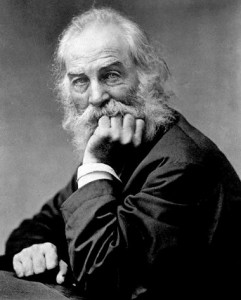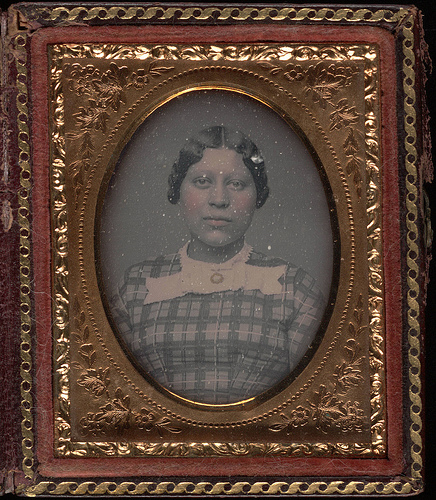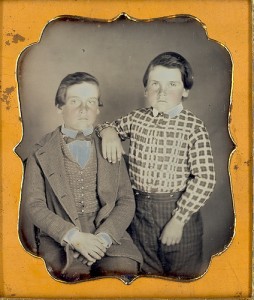In excerpts from “Whitman the Political Poet” Besty Erkkila brings up some interesting points about Whitman’s complicated political dealings.
In Chapter 1 she addresses one of the most popular myths about Whitman: that he transcended politics. I’ve noticed a curious tendency for Whitman to be deified by his many of his readers and scholars–that he speaks to us from on high, that he is a poet messiah who has come to save the world. Every poem, letter, article, speech, scribble contains infinite wisdom that must be studied. The beard helped. What college freshman hasn’t had the same feeling about Jim Morrison? This phenomenon of worshiping some writers and ignoring others deserves further study.
Erkkila chips away at the myth stating “My own overriding assumption is that works of art have a particular history that is not merely biographical, but social and political in the broadest sense of the terms as well…. Indeed what makes Whitman unique as an artist, and perhaps also most interesting and valuable, is his embeddedness in his time rather than his transcendence of it.”
It’s impossible to have neutral political beliefs. Whitman had some political leanings that seem to be at odds with the universal, egalitarian tones of his writing. We learned from Reynolds that he supported Andrew Johnson, the country’s most openly racist president. He schmoozed with robber-baron capitalists. He allowed his works to be edited so he could earn more money. He was full of political contradictions and paradoxes. When we learn more about these from Erlikka and Reynolds, it makes reading Whitman more enjoyable. Bringing in history and politics into a reading doesn’t lessen his legacy, it just adds new layers of meaning to his work that New Criticism ignored.
Erkkila, Betsey. Whitman the Political Poet. New York: Oxford UP, 1989
Reynolds, David S. Walt Whitman’s America: A Cultural Biography. New York: Vintage, 1995.









